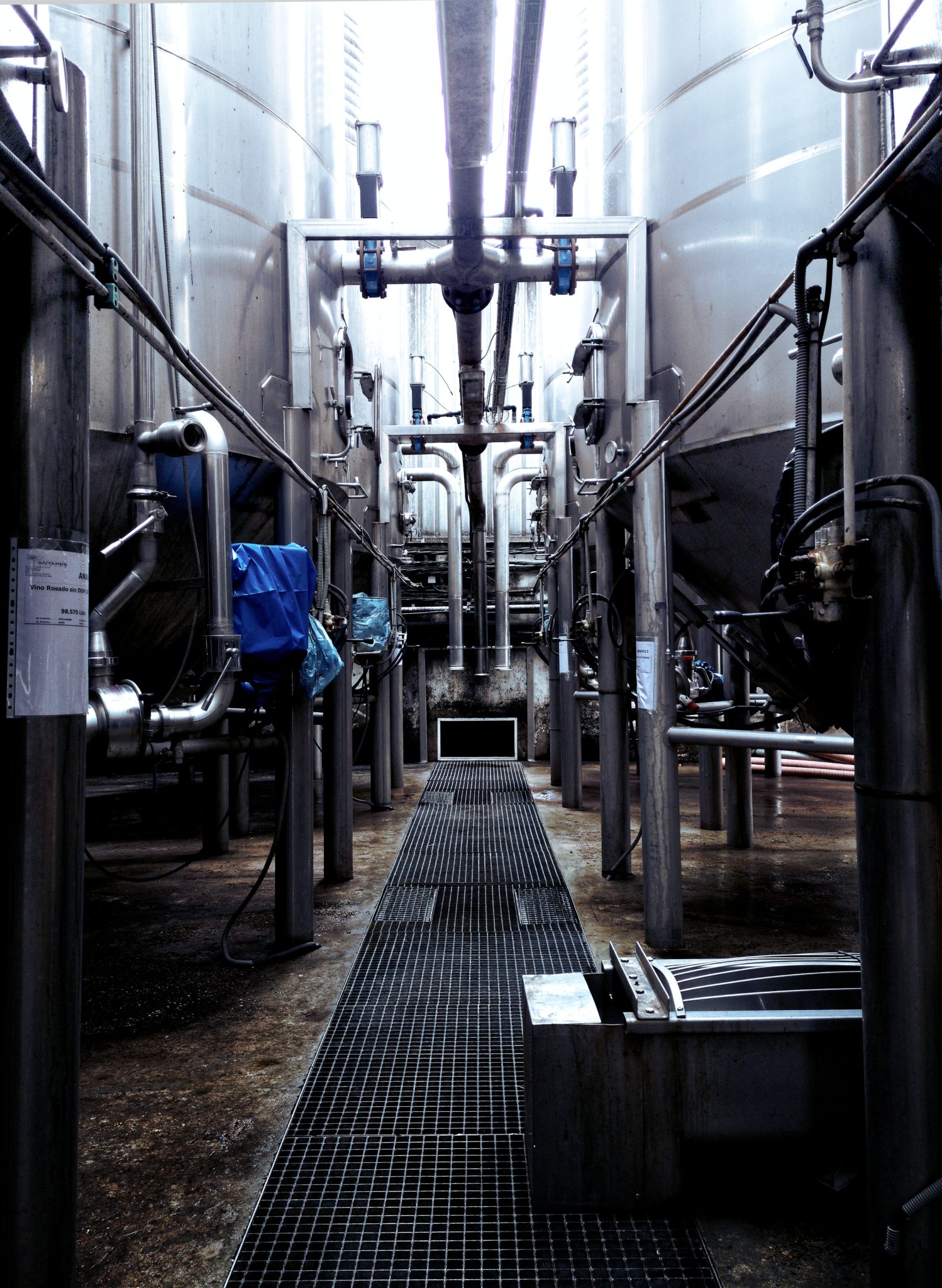
Process Safety Management & Process Hazard Analysis
Process Safety Management ("PSM") and Process Hazard Analysis ("PHA") are often thought of as being needed only for those operations covered under OSHA 1910.119 (Process Safety Management of Highly Hazardous Chemicals). While it is true that there is no regulatory obligation to apply the OSHA 1910.119 requirements to systems that are not defined as a covered process, nearly any system can benefit from implementing all, or at least some, of the 14 pillars of PSM.
Our offerings also include:
- Training on various process safety hazards
- Development of operation and maintenance procedures related to process safety
- Development of Management-of-Change processes and procedures
- Incident investigation
- Compliance audits

Combustible Dust
NFPA 652 requires a Dust Hazard Analysis (“DHA”) for all combustible dust producing operations and outlines the minimum requirements and methodology for conducting a DHA. NFPA 652 also requires the design of fire and explosion safety provisions to be based on a DHA of the facility, the processes therein, and the associated fire or explosion hazards; NFPA 652 also requires employees to be included in a training program according to the potential exposure to combustible dust hazards and potential risks.
OSHA may cite facilities on combustible dust hazards as part of the “General Duty Clause”. Employers are responsible for the Life Safety of their employees. As such, the burden falls on them to ensure that applicable dust hazards are recognized, communicated, and mitigated.
HGI consultants can provide a systemic review of a facility’s potential fire or explosion hazards while implementing the appropriate basis of safety. HGI offers a range of services that address combustible dust hazards in a variety of industries (e.g., food, petfood, wood/paper, metal, plastics, pharmaceutical, etc.), including:
- Dust sampling and testing recommendations
- Dust Hazard Analysis (DHA)
- Training on the hazards of combustible dust
- Explosion protection consultation
- Implementation of Safety Management Systems
- Determination of Hazardous Area Classifications for powder-handling areas
- Dust audits with recommendations submitted for identified gaps
Industrial Process Safety ("IPS")
Who Are Our Clients?
- Project Engineers at Industrial Manufacturers
- Design-Build Contractors
- Architects in Hazardous Materials Operations
What We Do:
- Provide fire and building code consulting for challenging projects
- Provide performance-based designs for projects that either cannot meet prescriptive code or for which code does not exist
- Provide guidance on projects that require technical excellence and creative problem-solving capabilities.
Why Are We Different?
- We solve problems others cannot
- We recognize our clients have an operation to run
- We are interested in solving our client’s problems, not fitting their process to the limitations of the code
HGI provides expert guidance for manufacturing and storage operations involving special fire and explosion hazards. Our client’s success is important to us. The challenges and unique designs of modern-day processes are often difficult to address in existing fire and building codes. While prescriptive codes provide a recognized acceptable level of risk for a facility, fitting a unique process into code written 50 years ago may not be practical.
We provide our clients with services that meet the intent of the existing building and fire codes by developing unique solutions that address the actual hazard of a building or process rather than fitting the process to a general requirement.
Our experts provide guidance for those projects that are truly unique and require a unique fire and explosion mitigation strategy.

